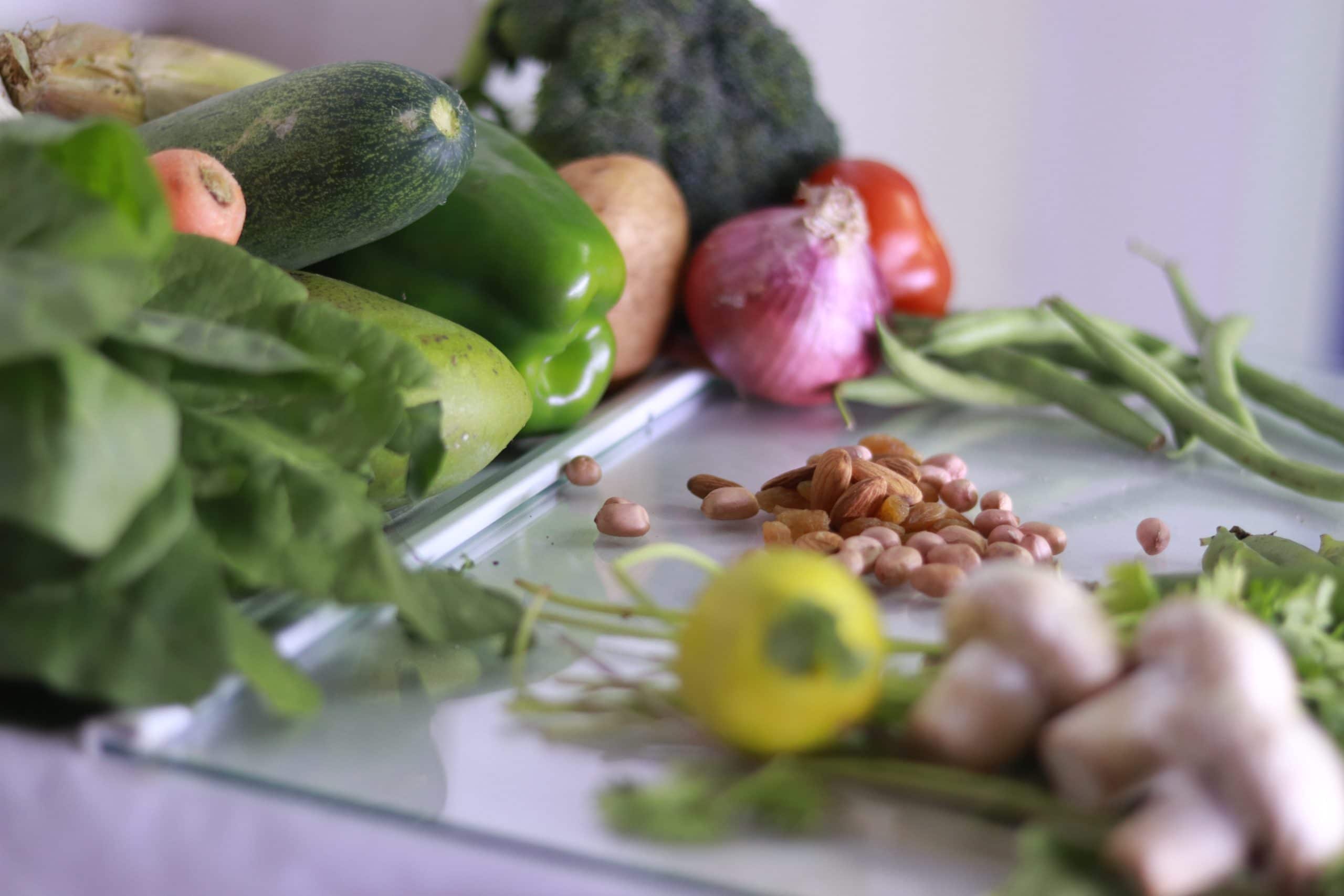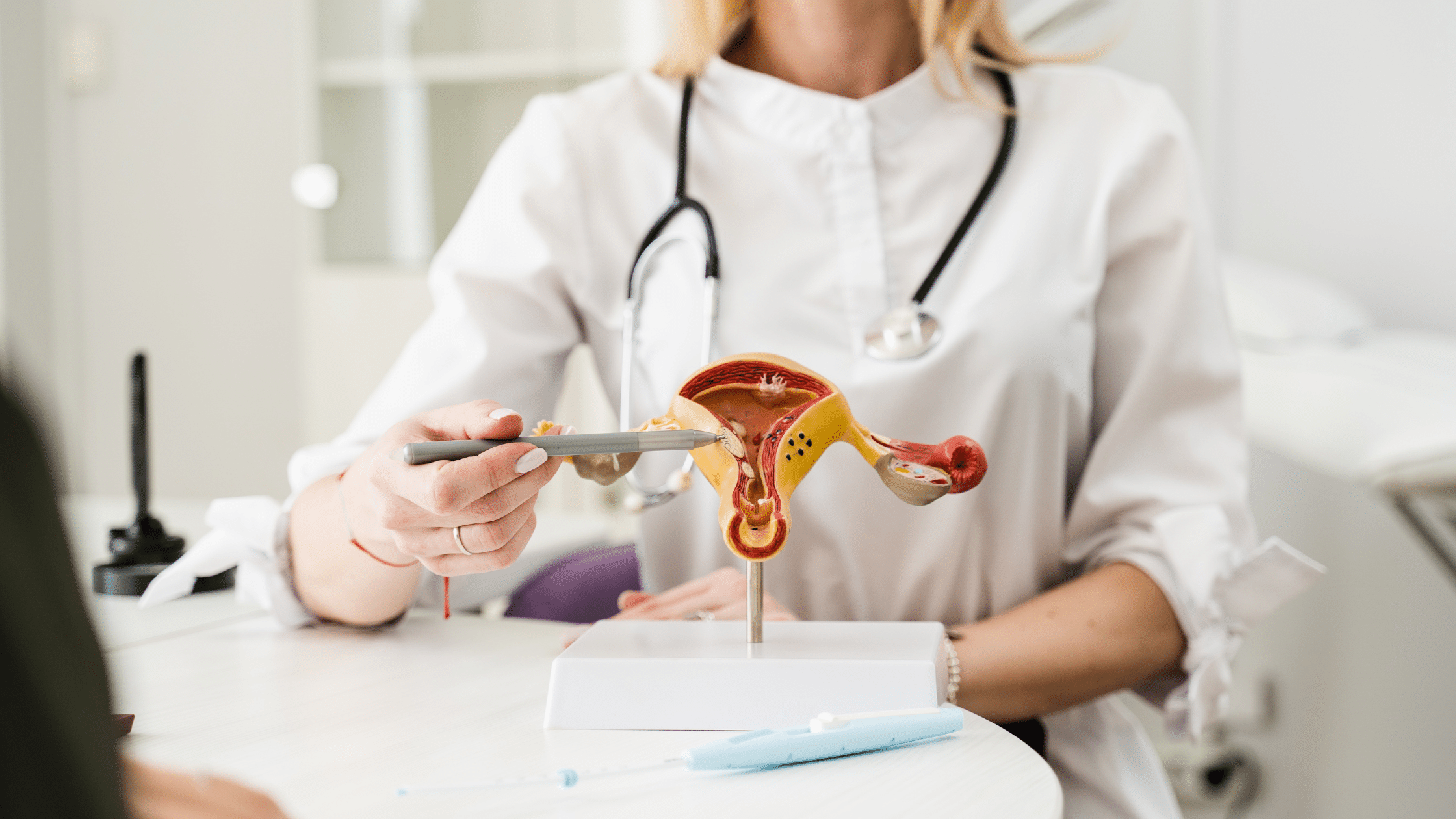At the Endometriosis Treatment Center of America, we believe that your health should always be…

Can Diet Improve Endometriosis Symptoms?
Are you looking for ways to manage your endometriosis? You’re not alone. The World Health Organization estimates that roughly 10% of women suffer from endometriosis globally, with many more unreported cases likely. While there is no cure, there are many treatment options available to manage the symptoms of this life-altering condition. One avenue to consider exploring is following an endometriosis diet.
It can feel challenging to know which food types can help ease symptoms or even trigger the symptoms of endometriosis. Consulting with a doctor on an endometriosis diet plan can help you compile a list of foods that can alleviate or aggravate the condition. Read on to find out more about how an endometriosis diet can help manage your symptoms.
Which Foods Can Worsen The Symptoms Of Endometriosis?
Certain foods may worsen symptoms, make you more likely to develop the condition, or aggravate your existing endometriosis. Some of the below food types have been known to aggravate the symptoms of endometriosis. Start your journey to discovering your unique triggers by reducing or eliminating these foods one at a time and tracking your body’s response.
Alcohol
One or two drinks a week won’t worsen the symptoms of endometriosis. But studies report a link between moderate alcohol consumption and the severity of endometriosis.
Caffeine
Research into the link between caffeine and endometriosis suggests that a high intake of caffeinated products like coffee or caffeinated soft drinks may be more likely to cause or aggravate endometriosis.
Saturated or Trans Fats
Processed foods containing saturated or trans fats may worsen the symptoms of endometriosis. Trans fats have other health risks, like increasing the amount of bad cholesterol in the body.
Gluten
Gluten may impact hormone levels and inflammation in the body, two things that significantly impact endometriosis. Emerging studies are finding that individuals with endometriosis reported a significant reduction in pain after reducing gluten in their diet.
Which Foods Can Alleviate Endometriosis Symptoms?
While you can learn a lot from eliminating trigger foods from your diet, you can also incorporate others that help. Certain foods in an endometriosis diet can alleviate the symptoms of the condition.
Omega-3 Fatty Acids
Foods rich in omega-3 fatty acids are good for individuals with endometriosis as they may reduce the symptoms of inflammation. Try incorporating more omega-3 foods, including:
- Fatty fish, such as salmon, trout, tuna, and sardines
- Shellfish, such as oysters
- Certain seeds like chia and flax
- Walnuts
- Soymilk
- Eggs
Foods Rich In Fiber
Fiber is found in fruits and vegetables like berries, beans, and broccoli. They are also present in grains like whole-wheat bread and pasta. Fiber may be good for endometriosis as it helps remove excess hormones (like estrogen) from the body that can worsen symptoms.
Plant Iron
Iron is good for endometriosis as it helps fortify the body when a significant amount of iron is lost due to heavy periods. Leafy greens (like broccoli and kale) are rich in iron, as are seeds, certain nuts, and fortified grains.
Antioxidants
Antioxidants may help with endometriosis by reducing the chances that lesions (wounds) will form in your reproductive organs. Broccoli, spinach, kale, and even dark chocolate all contain powerful antioxidants.
Supplements
Supplements of vitamin A, C, D, and E may also alleviate the symptoms of endometriosis. Omega-3 capsules, calcium, and magnesium may also improve the condition. Always speak to your doctor before starting on a supplement regimen to ensure that you’re getting only the nutrients you need—and in healthy amounts.
An Endometriosis Diet Can Help You Manage Symptoms
Many women find relief from their pain and discomfort with the help of an endometriosis diet. Use these general guidelines to start identifying the types of foods that trigger your symptoms, and incorporate healthy foods to boost your overall health and improve endometriosis symptoms. For some women, this may be all they need, while for others, it’s one aspect of a robust care and management plan.
If you are suffering from chronic pelvic pain, painful and heavy periods, or other uncomfortable symptoms of endometriosis, you don’t have to live with them. Get started on your journey to a pain-free life by calling the Endometriosis Treatment Center of America!
Endometriosis Specialists in Michigan and Beyond
Do you want to find out more about an endometriosis diet? Or would you like to explore other advanced treatment options? Contact our expert team at ETCOA today for first-hand advice on how to manage the symptoms of endometriosis. Our team specializes in caring for women with debilitating pain from our offices in Lake Orion, MI, and Birmingham, MI. Find a location and request an appointment today!



